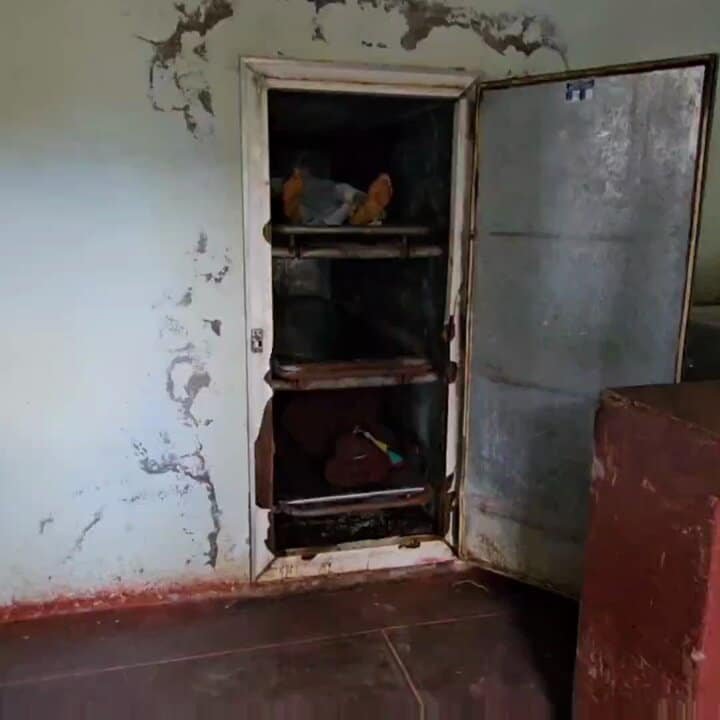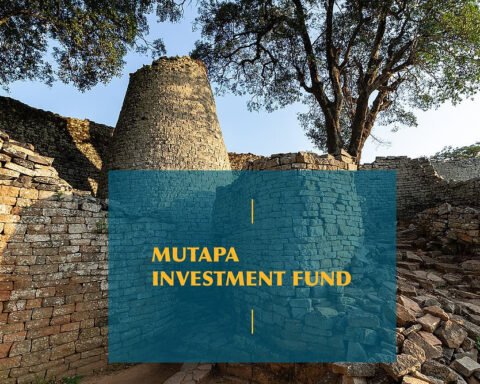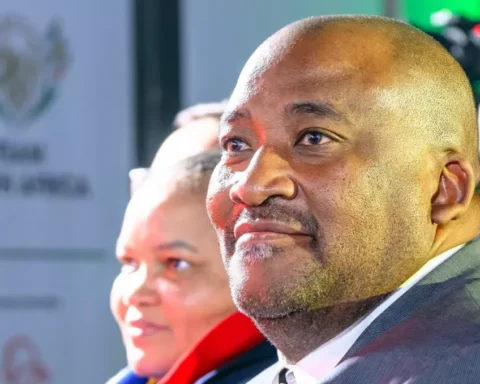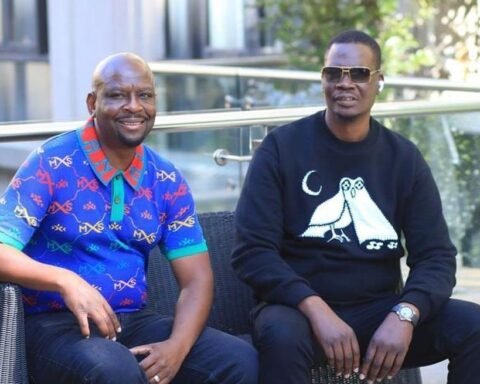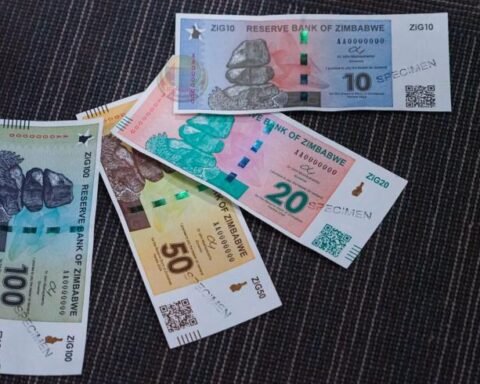Makumbe Hospital has urged the government to construct a new mortuary as the existing one, built in 1946, can only hold three bodies, forcing staff to place additional corpses on the floor due to a severe space shortage. Located in Goromonzi district with a population of around 500,000, the hospital relies on a mortuary chamber that is grossly inadequate for current needs. Evelyn Runodada, the Makumbe Hospital District Health Services Administrator, explained the dire situation to the Parliamentary Portfolio Committee on Health on Tuesday. She revealed that bodies often stack up, necessitating the placement of some on the floor.
“Our mortuary only holds three bodies, and the space is too small. Sometimes, we double bodies per tray or put them on the floor. We inform relatives about our situation, urging them to quickly collect the bodies,” she said.
Runodada highlighted that unclaimed bodies brought in by the police exacerbate the problem, as the process of pauper burials is challenging. “Some bodies are never collected, and arranging pauper burials is difficult. We sometimes ask the police to take bodies to Parirenyatwa, but space is often unavailable there as well. We end up taking the bodies to prevent families from keeping corpses at home,” she added.
The hospital has been actively trying to raise funds to address this issue. Runodada emphasized that a mortuary accommodating 12 bodies would be ideal. “We are mobilizing funds to construct a mortuary with space for 12 bodies,” she said.
However, Daniel Molokele, chairperson of the health portfolio committee and Hwange Central lawmaker, suggested that the hospital should also seek support from the surrounding community by hosting fundraising events such as tournaments. “It is distressing that a district hospital has only three trays. You could raise funds through community events like football tournaments without solely relying on the government,” Molokele advised.
Initially commissioned as a TB sanatorium managed by the Roman Catholic Church, Makumbe Hospital was handed over to the government in 1980 to serve as a district hospital. The facility still operates with outdated infrastructure. All its industrial stoves in the kitchen are malfunctioning, one of the two laundry machines is down, and the hospital often depends on community boreholes for water since the taps frequently run dry.
“The boreholes we have cannot supply enough water for the institution. We end up piling laundry or misusing our vehicles to fetch water from nearby community boreholes,” Runodada said.
